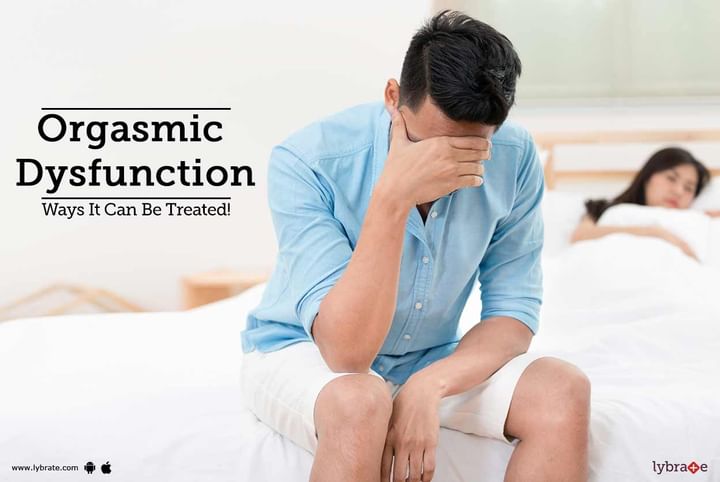Orgasmic Dysfunction - Ways It Can Be Treated!
When reaching an orgasm becomes difficult, a condition called orgasmic disorder, or orgasmic dysfunction, occurs. It can occur even when there is enough stimulation and arousal. Women are more commonly as compared to men, with 1 in 3 women suffering from female orgasmic dysfunction, or anorgasmia.
It is usually difficult to figure out the exact cause of orgasmic dysfunction in women, since certain emotional, psychological and physical factors contribute to the cause. Some factors include:
1. Old age
2. Medical conditions (For example: diabetes)
3. Previous gynaecological surgeries (For example: hysterectomy)
4. Certain medications, such as serotonin inhibitors to treat depression
5. Religious or cultural beliefs
6. Shyness or embarrassment
7. Guilt about liking sexual activity
8. Sexual abuse in the past
9. Mental health problems, such as anxiety or depression
10. Stress
11. Poor self-esteem
12. Relationship complications, such as mistrust or unresolved conflicts
Sometimes, a single factor or a combination of the abovementioned factors can lead to difficulties in reaching orgasms.
Inability in achieving a climax during sex is the main symptom of orgasmic disorder. Generally, this condition is treated, not according to its symptoms, but its types. The types of orgasmic disorder include-
1. Primary anorgasmia: Wherein you have never had an orgasm previously
2. Secondary anorgasmia: You have had an orgasm before but find it difficult to do so now
3. Situational anorgasmia: This type is more common than the others. In this type, orgasms are situational, wherein you can only have an orgasm during situations such as masturbation or oral sex.
4. General anorgasmia: In this type, no matter how sufficient the stimulation is or how highly you are aroused, you still won’t be able to orgasm.
Orgasmic disorder has a variety of causes, and the treatment depends on the underlying cause.
You may require to:
- Treat any underlying serious medical condition
- Substitute antidepressant medications
- Undergo sex therapy or cognitive behavioural therapy
- Extend clitoral stimulation during sexual intercourse and masturbation
- Couple counselling is a commonly advised treatment. A counsellor will be able to help both your partner and you to deal with conflicts or disagreements you might be having. This can lead to resolution of problems occurring both in the bedroom and in the relationship.
- In other cases, hormone therapy can be used to counter orgasmic disorder.



+1.svg)
